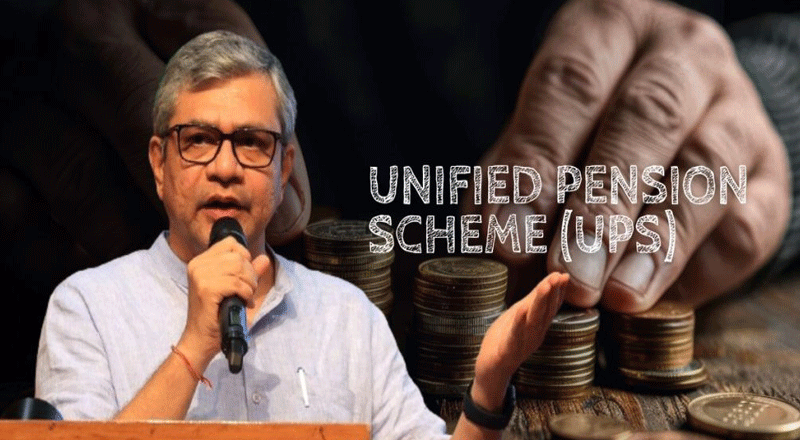International Scrutiny on a National Tragedy
In an unprecedented move, India has granted observer status to an expert from the International Civil Aviation Organisation (ICAO) to participate in the investigation of the June 12 Air India crash in Ahmedabad—one of the most catastrophic air disasters in the country’s aviation history. The decision, reflecting a rare degree of transparency, follows a formal request by the United Nations’ aviation body and signals India’s intent to allow global aviation standards to shape the inquiry.
The crash of Air India Flight AI171, a Boeing 787-8 Dreamliner bound for London, has sent shockwaves across the nation and the aviation world, prompting calls for accountability, reform, and justice for the 270 lives lost.
The Crash: A Routine Flight Turns into Catastrophe
On the morning of June 12, Air India’s Flight AI171 departed Ahmedabad’s Sardar Vallabhbhai Patel International Airport en route to Gatwick Airport, London. Within minutes of takeoff, tragedy struck. The aircraft lost altitude and crashed into a medical hostel complex in Meghani Nagar, a densely populated residential area.
The result was devastating: 241 passengers and crew perished, along with 29 people on the ground. Only one person onboard survived, making this India’s deadliest aviation incident in over two decades.
This horrifying incident has brought Air India’s safety protocols, fleet procurement practices, and Boeing’s aircraft reliability under severe public and parliamentary scrutiny.
Investigation Underway: India Invites Global Oversight
India’s Aircraft Accident Investigation Bureau (AAIB) formed a multidisciplinary team on June 13, the day after the crash. The team includes:
· Experts from the US National Transportation Safety Board (NTSB)
· A civil aviation medicine specialist
· A senior air traffic control (ATC) officer
Technical investigators from the DGCA
In a move rarely seen in international probes, India has now allowed an ICAO expert to observe the process, granting legitimacy and global oversight. ICAO’s presence brings the investigation in line with Annex 13 of the Chicago Convention, which lays down international Standards and Recommended Practices (SARPs) for aviation accident investigations.
Officials say this is a step toward complete transparency, and could also help restore international confidence in India’s air safety systems.
Black Box Analysis: Clues from the Flight’s Final Minutes
The Ministry of Civil Aviation confirmed that both the Flight Data Recorder (FDR) and Cockpit Voice Recorder (CVR)—collectively known as the black boxes—have been recovered and are under analysis. These crucial devices hold data on the aircraft’s systems and the pilots' final communications.
The analysis is expected to shed light on mechanical failures, human error, or systemic lapses—all critical in identifying the root cause and in preventing similar disasters in the future.
Parliament Steps In: Accountability at the Highest Levels
The gravity of the disaster has drawn immediate attention from Parliament. The Transport Committee, headed by JD(U) MP Sanjay Jha, has summoned:
· Senior executives from Boeing
· India’s Civil Aviation Secretary
· Representatives from Air India
· Officials from the DGCA
The committee is examining how and why the Boeing 787-8 aircraft was chosen, its operational record, and whether any lapses in regulatory oversight or fleet management played a role in the crash.
Tata Group Responds: Long-Term Support for Bereaved Families
In a heartfelt gesture, Tata Sons Chairman N Chandrasekaran announced the creation of a dedicated trust by Tata Sons and Tata Trusts to support the families of the deceased. This long-term assistance plan will focus on:
· Financial aid
· Educational support for dependents
· Psychological counselling and rehabilitation
Given Tata’s ownership of Air India, the move has been widely welcomed and seen as a responsible step toward corporate accountability and humanitarian care.
Toward Truth, Transparency, and Change
The inclusion of an ICAO observer, the rapid formation of a multidisciplinary probe, and sweeping political and corporate responses all reflect the seriousness with which India is treating the AI171 tragedy.
As investigators piece together what went wrong, families of the victims—and the nation—await answers. The global spotlight, while uncomfortable, may ultimately lead to more robust aviation safety standards, improved fleet management, and a renewed focus on passenger safety over operational convenience.
The June 12 crash is a defining moment not just for Air India, but for Indian aviation as a whole. How the system responds now may well shape its credibility for decades to come.
(With agency inputs)


















